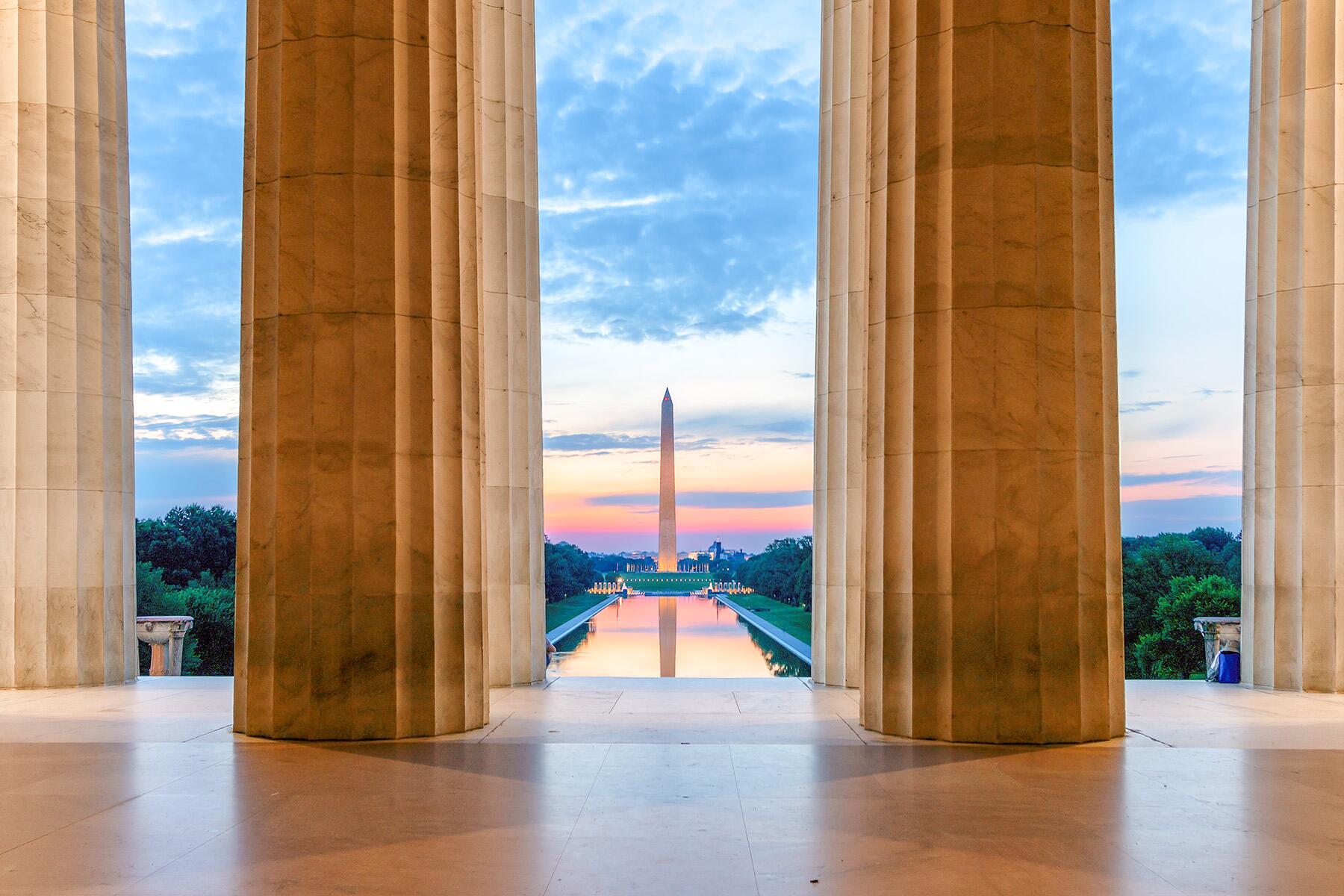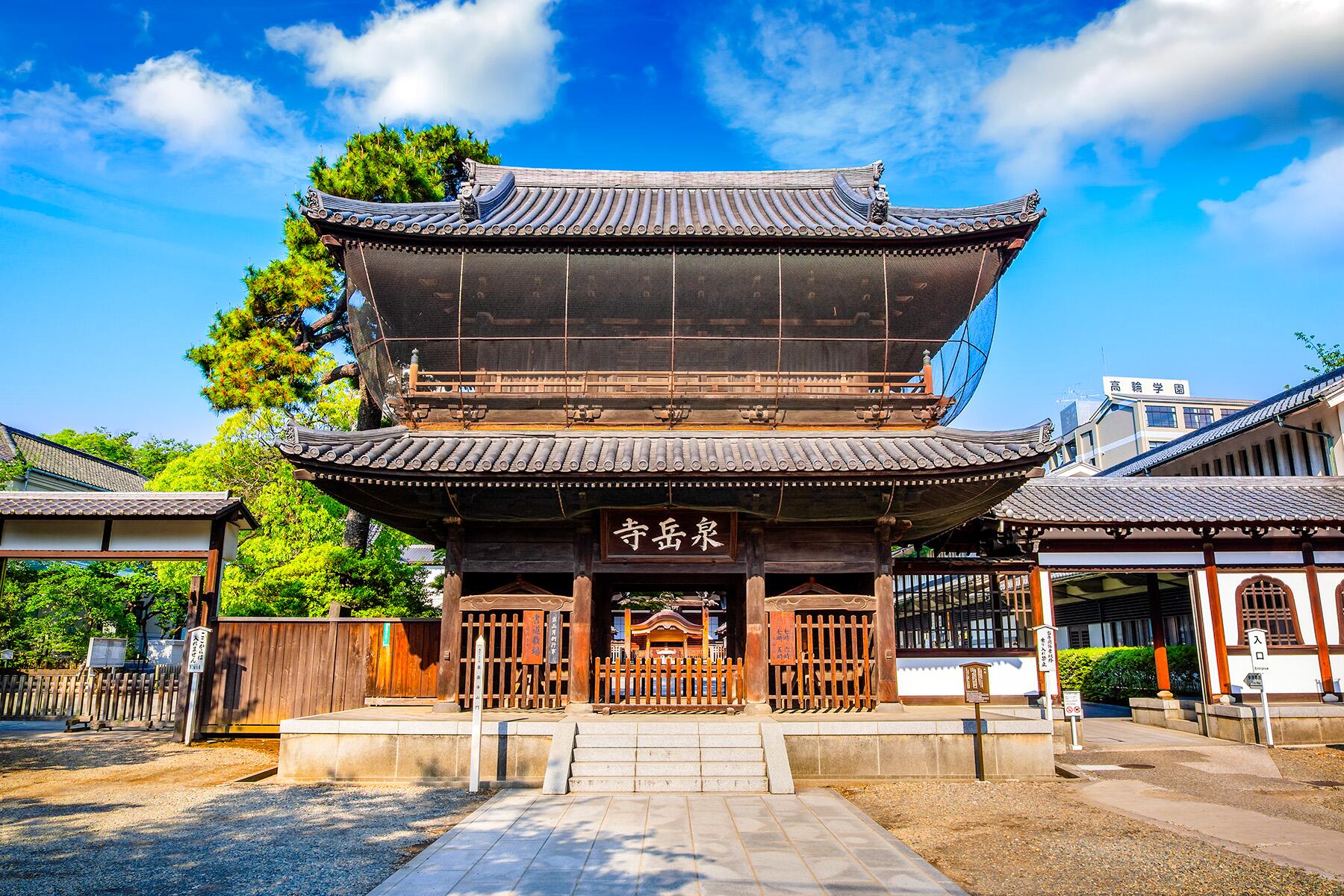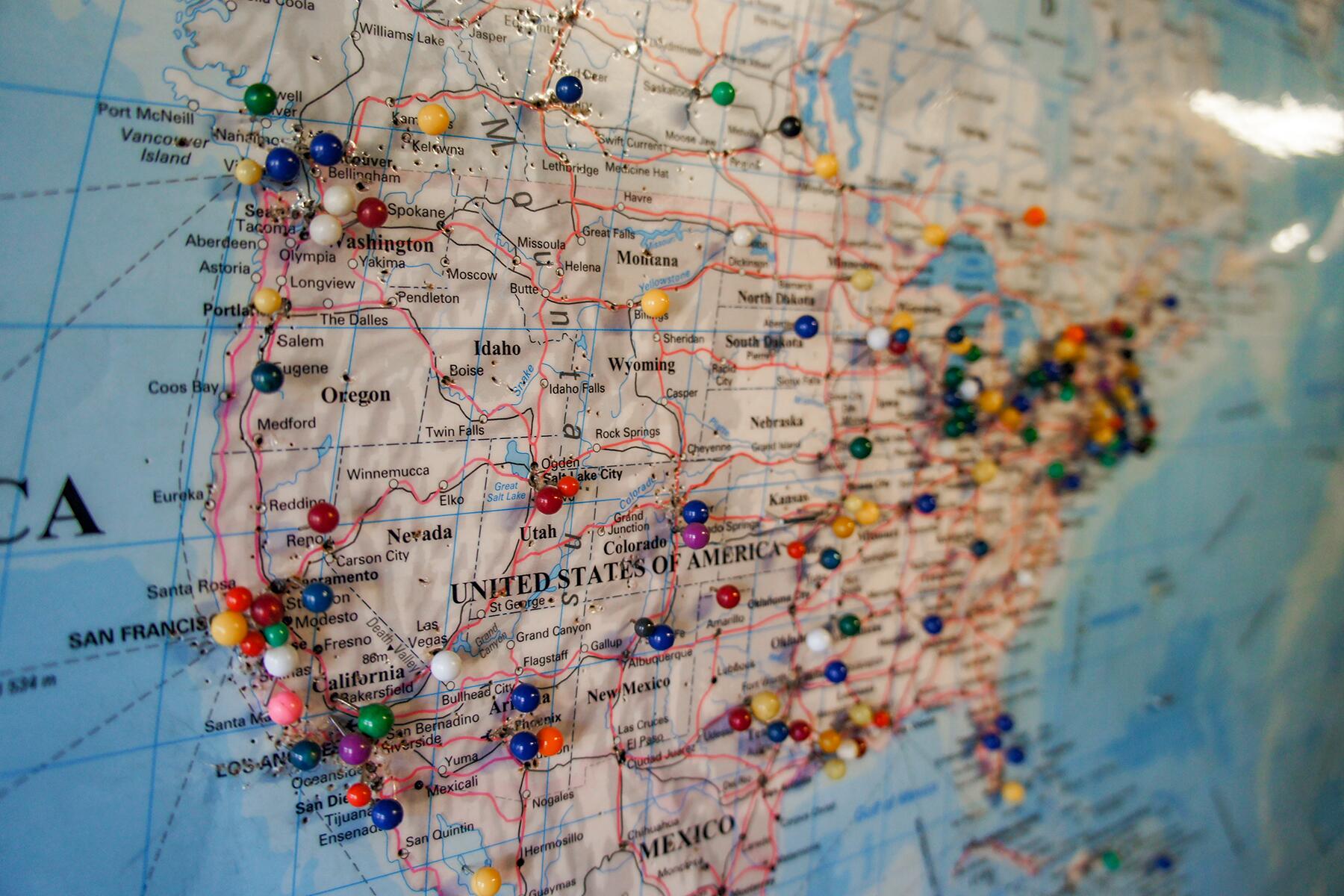From Maryland's controversial state motto to Oregon's quizzical one—these 11 states all have a story to tell.
Upon close examination, American state mottos seem to be a jumbled mix of lofty aspirations and aggressive statements about independence. Most mottos came from the optimism and struggle of the 19th-century with fresh American independence, a redefining Civil War, and aggressive takeovers of the rest of the continent. The states of this young country were trying to prove their legitimacy. But even with that context, some states’ mottos still defy logic. Latin may bring refinement to any phrase, but it doesn’t erase the bizarre wording. But behind every bewildering phrase is a story that reveals the hopes and character of these states when they were young and unsure.





